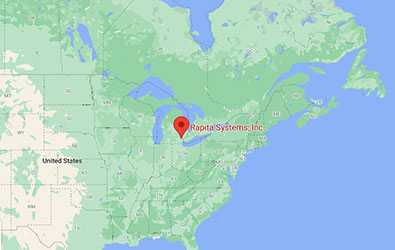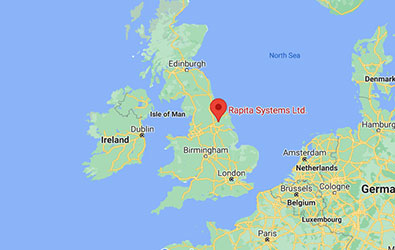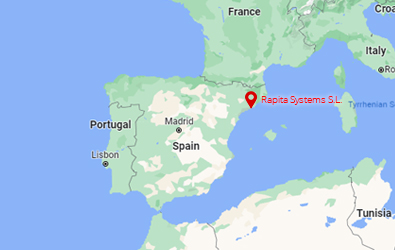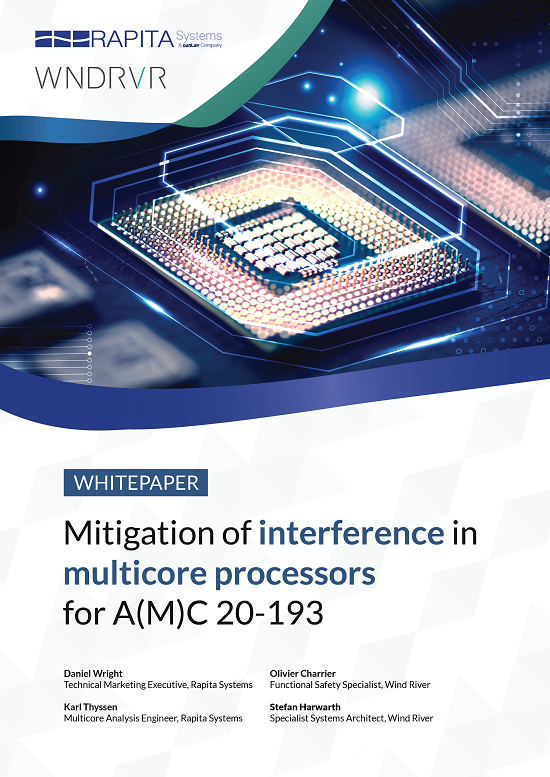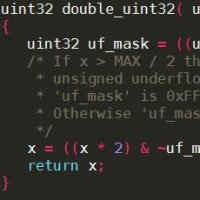Continuing our series of blog posts on optimizing embedded software with the aim of improving (i.e. reducing) worst-case execution times, this week we look at Native Size Variables.
Software optimization techniques which improve worst-case execution times #3: Native Size Variables
As we mentioned in the last post, using variables that are of the processor’s native size can often have a significant effect on execution times. This is particularly apparent on 8- or 16-bit devices, where manipulating 32-bit quantities has a large penalty in terms of execution time.
Example: Native size variables
Void
ripple32 (Uint32 *a, Uint32 length)
{
Uint32 i,j,k;
Uint32 tmp;
for(i=length - 1; i>0; i--)
{
for(j=0; j<i; j++)
{
k = j+1;
if(a[j] > a[k])
{
tmp = a[k];
a[k] = a[j];
a[j] = tmp;
}
}
}
}
Execution times were obtained for two variants of the ripple sort function using 16- and 32-bit representations for all variables (see the table below) and assume a maximum array length of 10. On an MPC555, the 16-bit version was a few percent slower, whilst on an HC12, the 16-bit version was a factor of two faster.
Note that this ripple sort example is used for illustration purposes only. Other sorting algorithms with O(nlogn) operation could provide better worst-case performance over large data sets.
| Function | WCET (clock ticks) | |
| MPC555 | HC12 | |
| Ripple 32 | 1050 | 7775 |
| Ripple 16 | 1079 | 3733 |
| Reduction in WCET (32 to 16-bit) | -2.7% | 52% |

 Hybrid electric pioneers, Ascendance, join Rapita Systems Trailblazer Partnership Program
Hybrid electric pioneers, Ascendance, join Rapita Systems Trailblazer Partnership Program
 Magline joins Rapita Trailblazer Partnership Program to support DO-178 Certification
Magline joins Rapita Trailblazer Partnership Program to support DO-178 Certification
 Eve Air Mobility joins Rapita Systems Trailblazer Partnership Program for eVTOL projects
Eve Air Mobility joins Rapita Systems Trailblazer Partnership Program for eVTOL projects
 How to certify multicore processors - what is everyone asking?
How to certify multicore processors - what is everyone asking?
 Data Coupling Basics in DO-178C
Data Coupling Basics in DO-178C
 Control Coupling Basics in DO-178C
Control Coupling Basics in DO-178C
 Components in Data Coupling and Control Coupling
Components in Data Coupling and Control Coupling
 DO-278A Guidance: Introduction to RTCA DO-278 approval
DO-278A Guidance: Introduction to RTCA DO-278 approval
 ISO 26262
ISO 26262
 Data Coupling & Control Coupling
Data Coupling & Control Coupling
 Verifying additional code for DO-178C
Verifying additional code for DO-178C
 DO-178C Multicore In-person Training (Bristol)
DO-178C Multicore In-person Training (Bristol)
 DO-178C Multicore In-person Training (Fort Worth, TX)
DO-178C Multicore In-person Training (Fort Worth, TX)
 DO-178C Multicore In-person Training (Toulouse)
DO-178C Multicore In-person Training (Toulouse)










